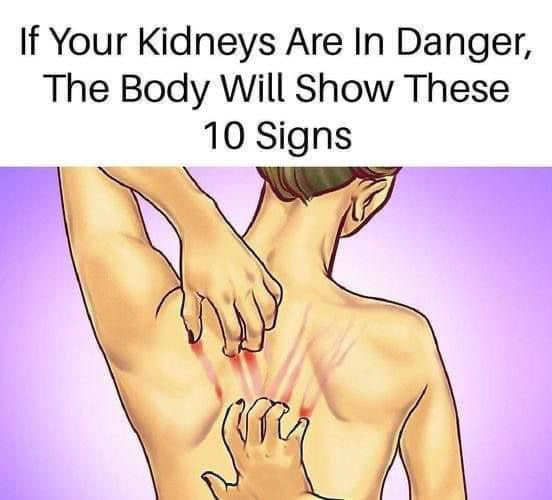Understanding Kidney Disease: What You Need to Know
Kidney disease is a serious condition that can affect your overall health. Since it often develops quietly, it’s important to recognize early signs that your kidneys might be in trouble. Early detection can help you manage the condition before it worsens.
What Do Your Kidneys Do?
Your kidneys are essential organs that filter waste from your blood, help balance fluids and electrolytes, and regulate your blood pressure. Located just below your ribcage on both sides of your spine, they also produce hormones that support red blood cell production and bone health. On a daily basis, healthy kidneys filter about 120–150 quarts of blood.
What Is Kidney Disease?
Kidney disease occurs when your kidneys can’t function properly. This can happen due to conditions like high blood pressure, diabetes, infections, or even genetic factors. If not treated, kidney disease can lead to kidney failure, which might require dialysis or a transplant.
10 Warning Signs Your Kidneys Might Be in Trouble
- Changes in Urination – You may notice increased urination at night, or less urine overall. Urine could appear foamy or bubbly.
- Fatigue – Reduced kidney function can lead to anemia, causing tiredness and difficulty concentrating.
- Swelling – Fluid buildup can cause swelling in your legs, hands, face, or abdomen.
- Back Pain – Persistent pain below your ribs or in your back could signal kidney issues.
- Loss of Appetite and Weight – Kidney disease can cause a loss of appetite and weight, as waste builds up in your blood.
- Nausea – Toxin buildup can lead to nausea, especially after meals.
- Sleep Issues – Frequent urination or muscle cramps can disrupt your sleep.
- Metallic Taste – A constant metallic taste in your mouth may be a sign of uremia, caused by waste in the blood.
- Muscle Cramps – Imbalances in electrolytes, like calcium or phosphorus, can lead to cramps.
- Itchy Skin – The buildup of waste in your bloodstream can cause intense itching.
How to Protect Your Kidneys
To lower your risk, drink plenty of water, limit processed foods, and keep chronic conditions like high blood pressure under control. Regular check-ups are crucial, especially if you have a family history of kidney problems.
When to See a Doctor
If you notice any of these warning signs, don’t wait. Consult with your doctor for an evaluation, which could include tests to assess kidney function. Early treatment can make a big difference in preventing damage.
Protect your kidneys and overall health by staying vigilant and acting early.
